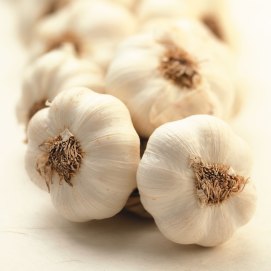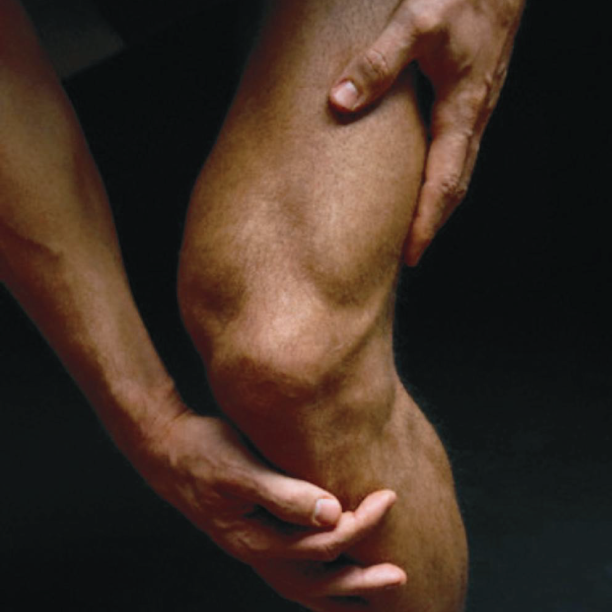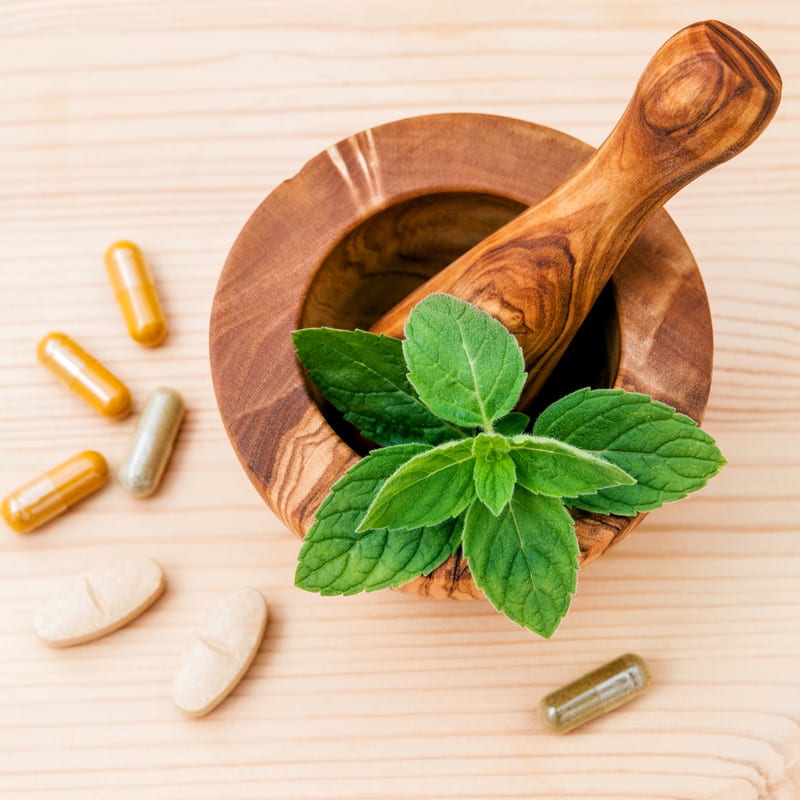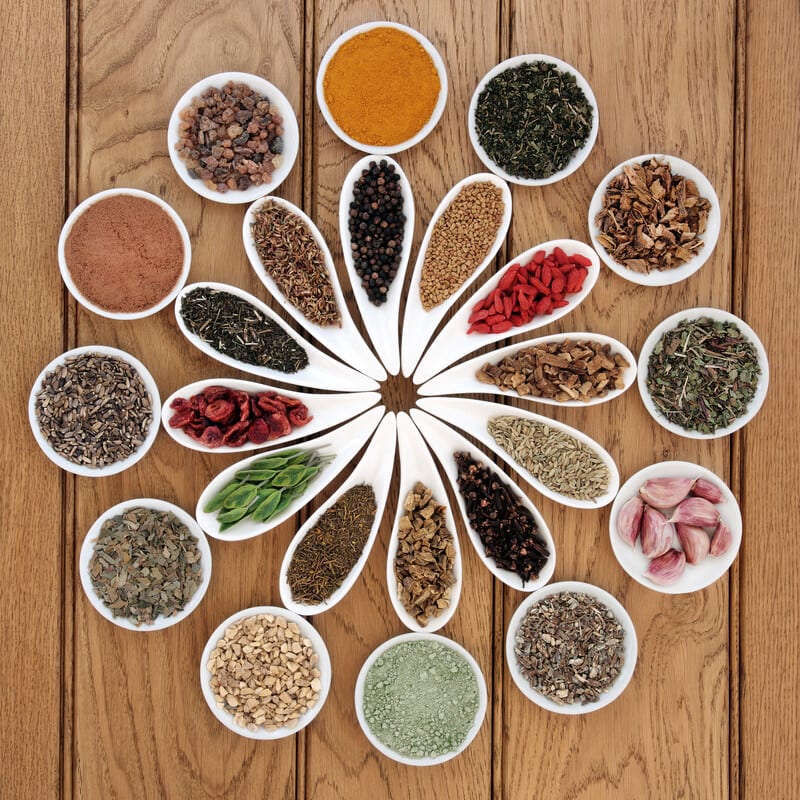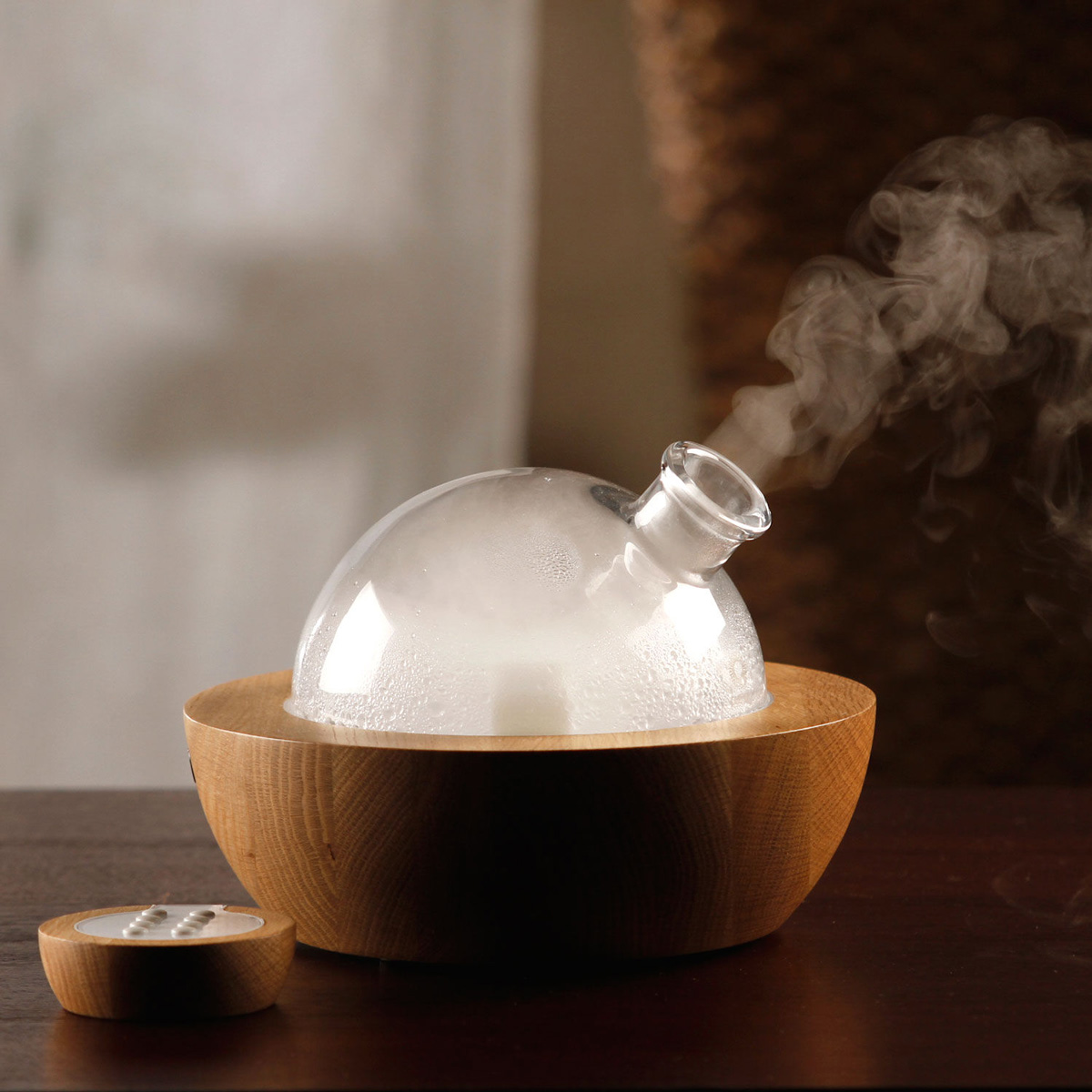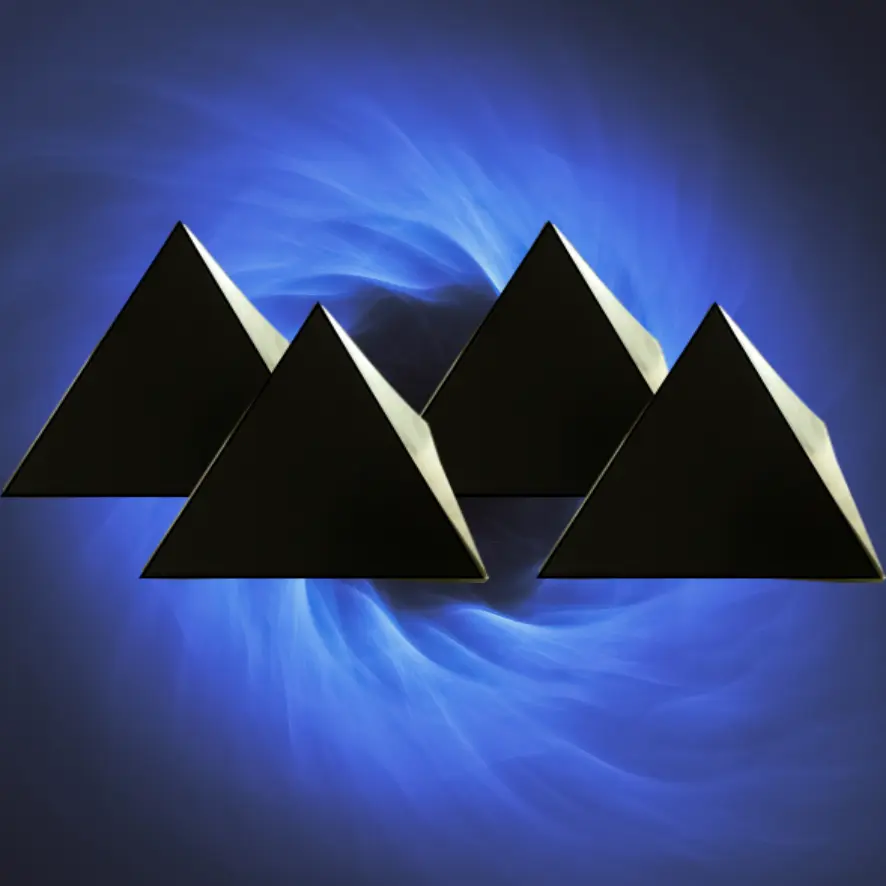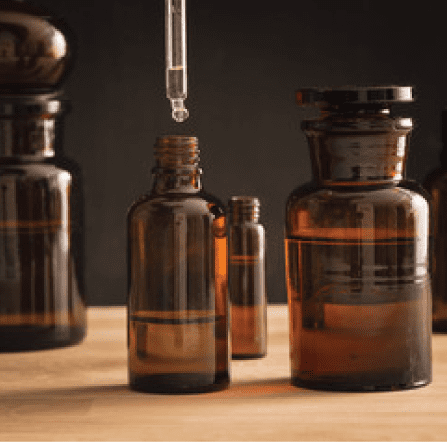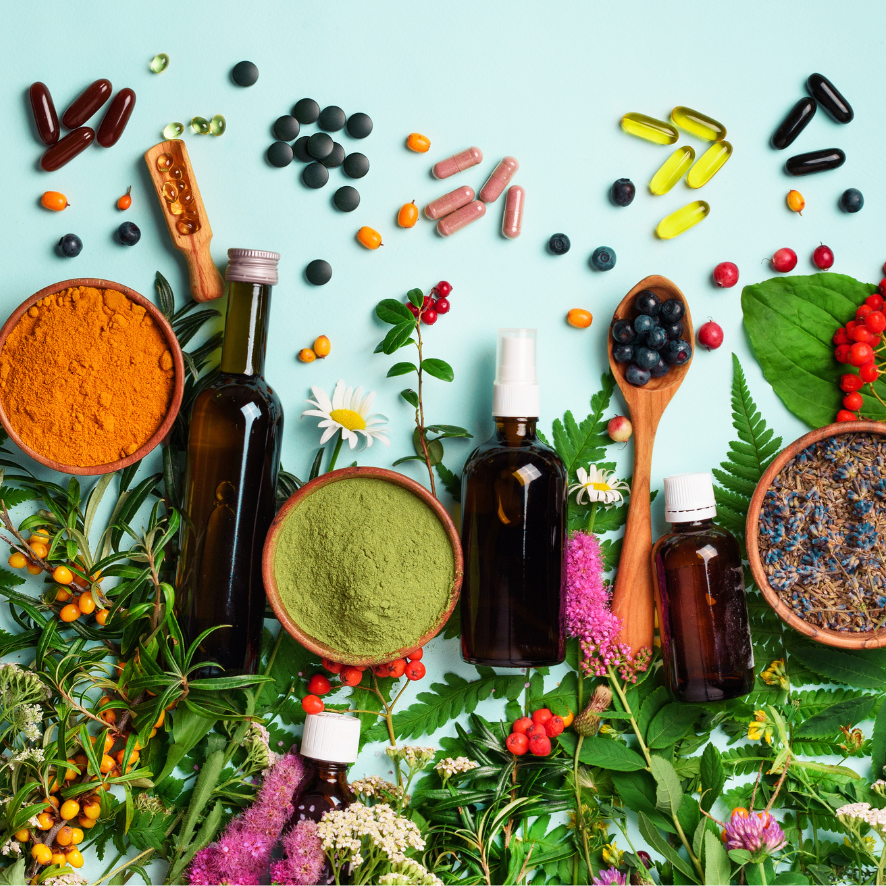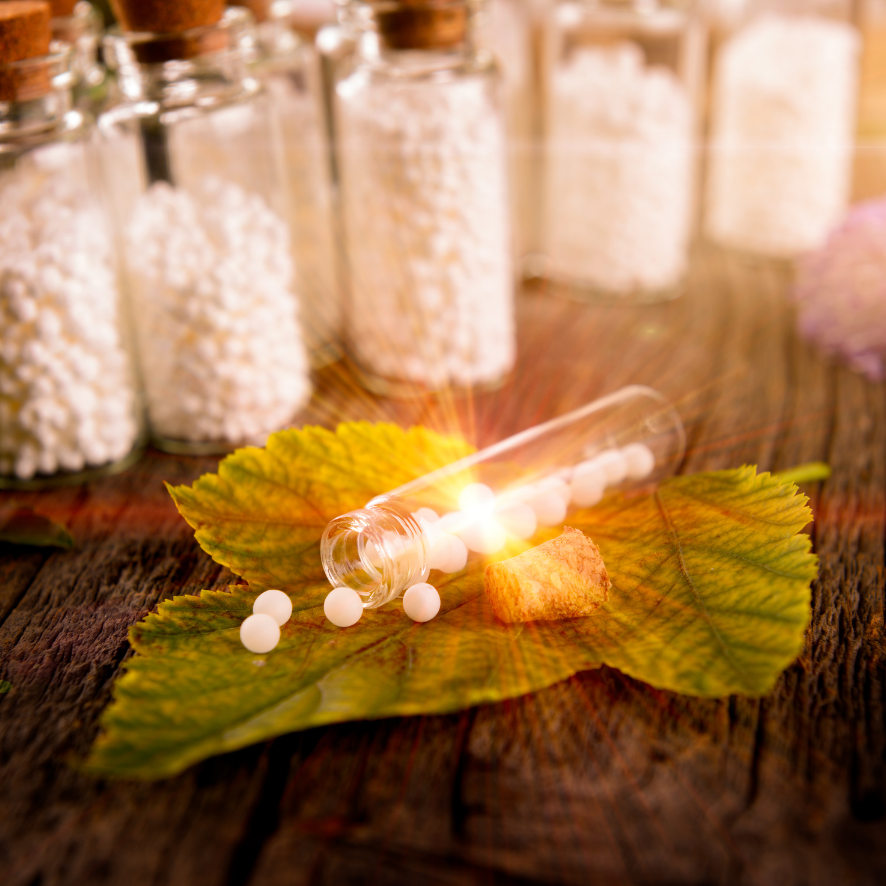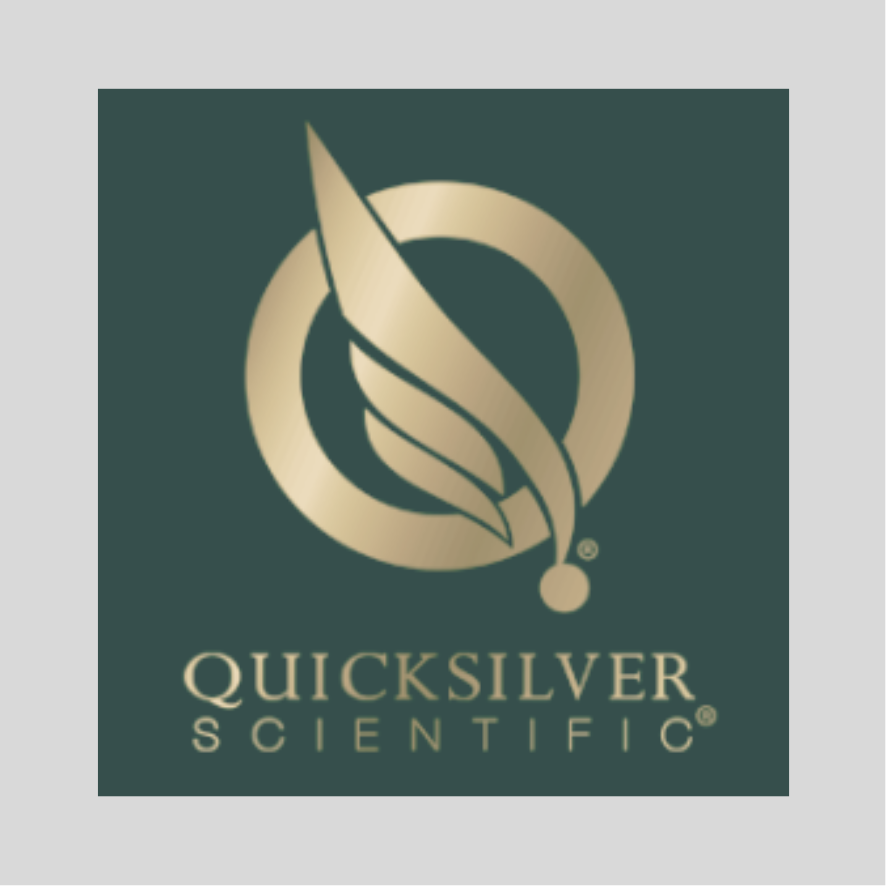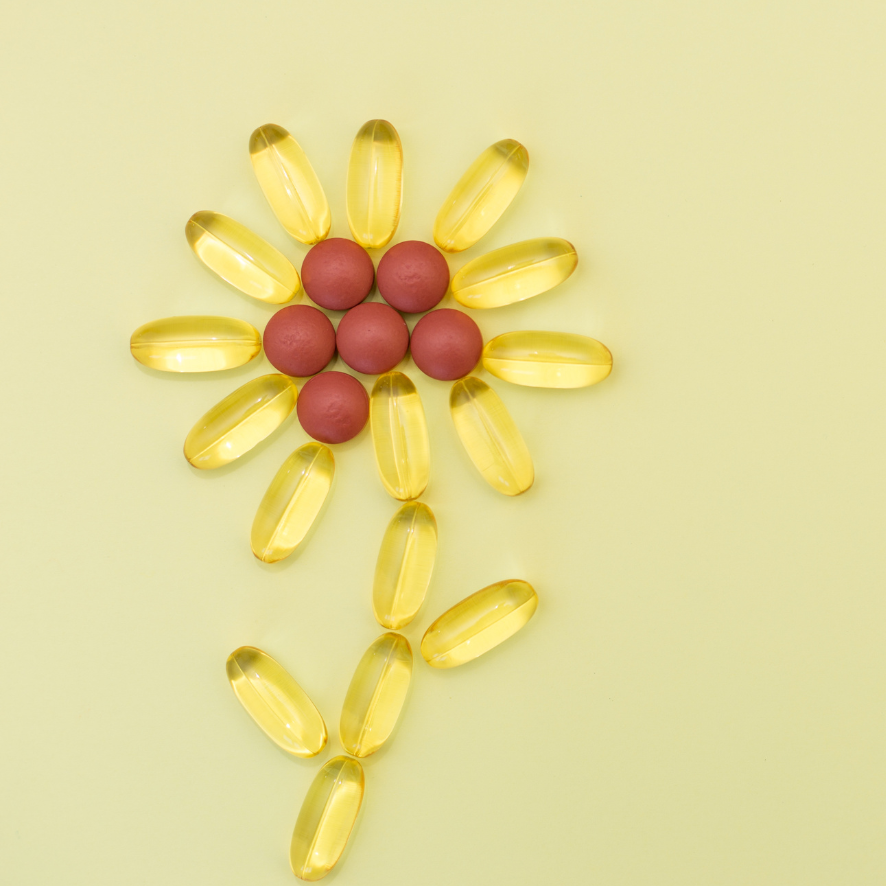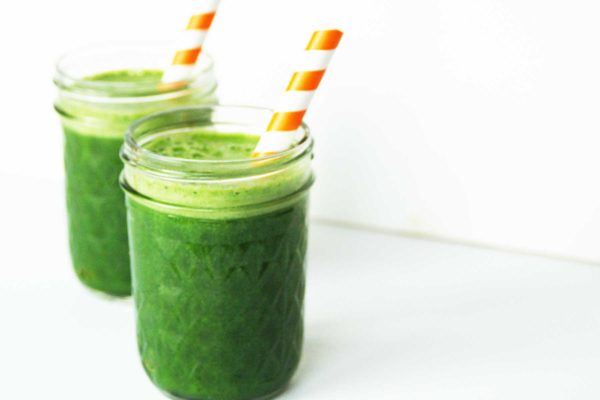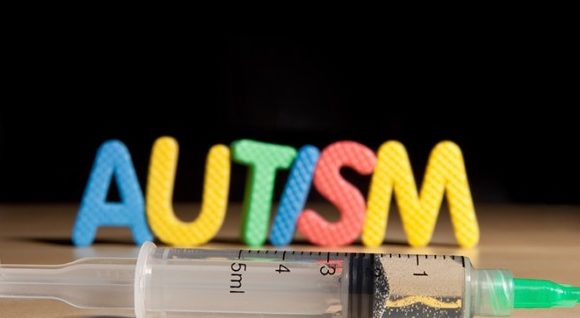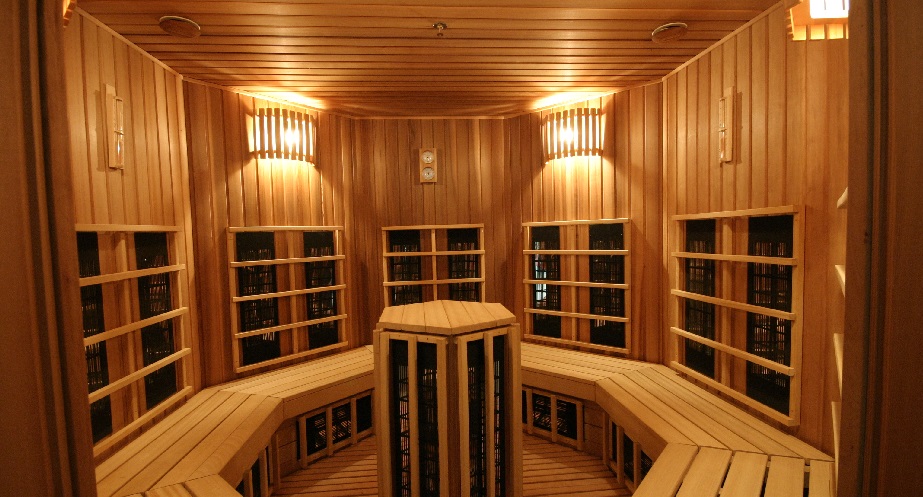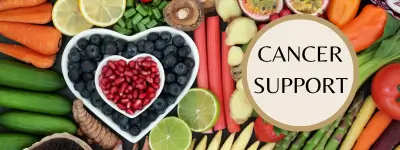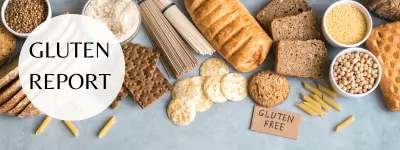Treat yourself right and forget about those detox fads.
Detox diets are everywhere, but cleanliness may not be next to godliness when it comes to the body. Are these popular juice fasts, master cleanses and detoxification diets really necessary?
“There is no evidence that those detox diets do any kind of detoxification in the body,” says Andrea Giancoli, MPH, RD, dietitian and spokeswoman for the Academy of Nutrition and Dietetics in Hermosa Beach, Calif.
Sometimes detox diets can even cause harm, as the BMJ recently documented in a case report about a 47-year-old woman who landed in intensive care after she took herbal remedies and drank excessive amounts of water to “detox” her system. After she consumed the herbal remedy cocktail she reportedly became confused, collapsed and had a seizure. She was diagnosed with hyponatremia, which is caused by drinking water faster than the body can process it, and she had dangerously low sodium levels. Doctors treated her with a hypertonic saline solution and calcium chloride, and she made a full recovery.
“Excessive water intake as a way of ‘purifying and cleansing’ the body is also a popular regime with the belief that harmful waste products can thus be washed from the body. Despite marketing suggesting otherwise, all-natural products are not without side effects however,” her doctors wrote.
Why people detox
If you really want to detox your body, the best thing to do is eat a lot of plant foods so your immune system, liver, kidneys, lungs and other organs can do their job to detox you naturally.If you really want to detox your body, the best thing to do is eat a lot of plant foods so your immune system, liver, kidneys, lungs and other organs can do their job to detox you naturally.
One of the reasons that people, especially celebrities, embark on master cleanses and detox plans is that they’re looking for the quick fix, explains Giancoli. Detoxes and cleanses promise quick weight loss.
What’s more, there’s a paranoia in today’s culture that our bodies are full of toxins and that we must detox in order to rid ourselves of these offensive chemicals.
“In reality, if you really want to detox your body the best thing to do is have a diet that has plenty of fiber, plenty of fruits and vegetables, a lot of whole grains, a lot of plant foods so that your immune system, your liver, kidneys, lungs and other organs in your body can naturally do their job to detox you on its own,” says Giancoli.
“We need to have more trust in our body’s ability to do that, but we also need to feed our body the right foods so that it can be at its best.”
The fact is we have a natural detox system in our body that works very well when treated well. The liver does a great job of flushing out waste every day, our lungs breathe out pollutants, our kidneys filter out toxins, and our digestive system lets things pass through that we don’t need.
Worse, Giancoli warns that juice diets and cleanses only lead to water weight loss. Depending on how long people do this, they’ll lose water weight and then start losing lean tissue mass where muscle breaks down, a huge no-no which is only increasing your fat to lean muscle ratio.
Cleanse vs. diet
There’s nothing wrong with drinking lemon water as a refreshment or to stay hydrated. But drinking only lemon water for days on end to flush poisons from your body? That’s a no-no. There’s nothing wrong with drinking lemon water as a refreshment or to stay hydrated. But drinking only lemon water for days on end to flush poisons from your body? That’s a no-no.
Detoxing has also become the umbrella term for a lot of different diets. Sometimes the word may be used positively, as in feeding your body a healthy diet of natural, whole foods, and other times the word typically means drinking nothing but a fluid concoction of lemon juice, maple syrup and cayenne pepper or some such for days, which is supposed to flush poisons from the body. The latter detox diet is the one to skip.
Interestingly, you may be creating toxins when you go on these detoxes for a very long time, says Giancoli. When you’re not eating and you’re taking in very few calories, you start to break down muscle mass, which creates nitrogen compounds that your body has to excrete. After a period of time not taking in enough calories, the body will make ketones, which are acidic substitutes for fuel that have to be flushed out and neutralized so they don’t potentially cause loss of minerals like calcium from the bones. Seems “cleansing” may actually create toxins that the body then has to rid.
“You can bounce back after a day or two of that but why put your body in a position it has to recover from in the first place?” Giancoli says.
“I will say that the good side of [cleanse diets] is that for short periods they may inspire people to eat better or inspire a better way of living or a healthy lifestyle, but you can do that without the torture of these so-called detoxes.”
“Plus, if you do fast or ‘cleanse’ for a number of days, the physiology of your body then wants foods so you’re now in danger of binging and storing fat more easily. So while you might lose weight during the cleanse, your body is more primed to store fat because it’s thinking ‘Oh my gosh, I’m in the feast period so I better store all these calories for the next famine period,’” Giancoli says.
Bottom line: Detoxing or cleansing is not a sustainable weight-loss technique. Nor do you need to do anything to help your body rid itself of toxins. The body is essentially a self-cleaning machine.
Editor’s note: This story has been updated since it was originally published in January 2014.
By Jennifer Nelson
(Source: mnn.com; January 5, 2017; http://tinyurl.com/janxxor)


